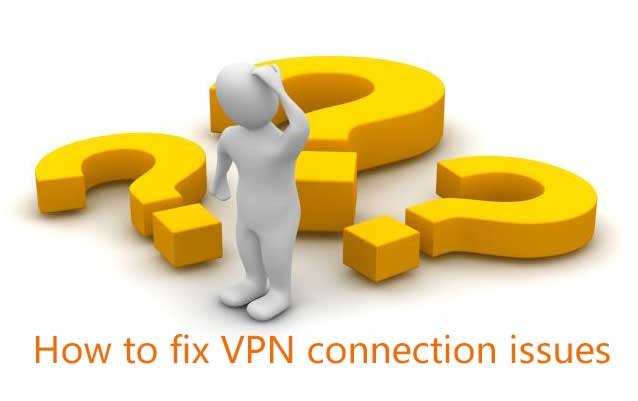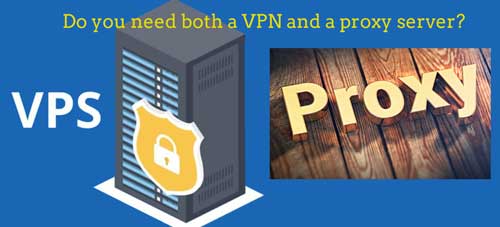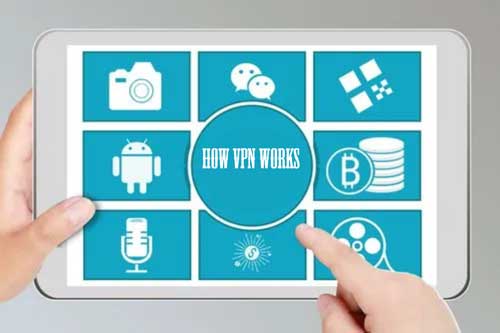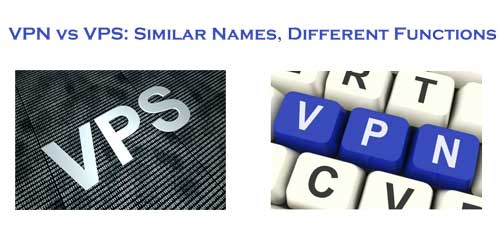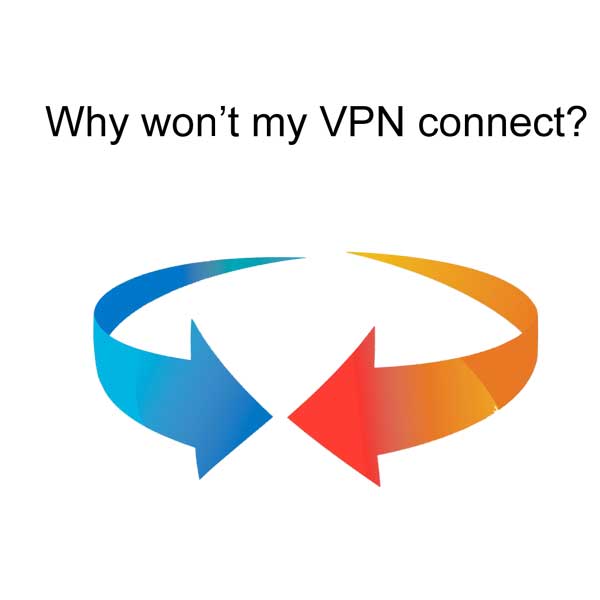A virtual private network (VPN) is a network in which information is transmitted over a public network such as the Internet, but at the same time, using cryptographic algorithms and authentication, this connection remains private.
VPN creates an encrypted connection from where you connect to the Internet and sends it to another region, usually another country, and then inserts it into the public Internet. This procedure will change your IP address and the actual location of your internet connection will no longer be known. The server accesses the new IP address and does not provide the original IP address. Due to this, your real information will not be provided to you when using sensitive sites.
Some online services offer different prices depending on where you live. For example, some services in the United States are cheaper than in Europe, so users can access them at a lower price by changing their IP.
VPNs offer other specific uses that might make your life much easier and safer. Some include:
Accessing region-locked libraries in video streaming services is possible if you use VPN server-switching. Spoofing your location means streaming services will believe you are in another country, allowing you to see movies and TV content unavailable to you locally.
You can view “true” prices when booking travel accommodations. Flights and hotels use trackers called cookies to see what accommodations you’re browsing. With your interest attached to your identity, they are known to increase prices artificially. It’s a trick used to increase your urgency to buy quicker, and it earns the business more money. Using VPN can anonymize you to avoid these increases —giving you better prices.
When you want to avoid being tracked by your ISP (internet service provider) and other businesses. Businesses have been known to use your demographic data to improve their marketing and services. It’s not necessarily malicious, but you might not always want this info exposed. Some services gather and sell this data to third-party businesses that might not be as protective of your data. The more places your information is stored, the more vulnerable you are to data leaks. A VPN hides the demographic data sent with your internet activity, so you can’t be tracked.

